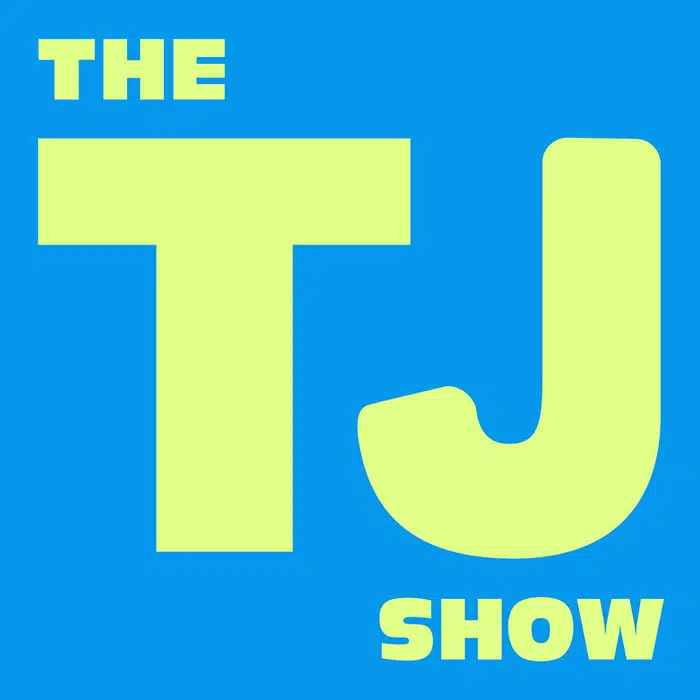By Andrew Silver
SHANGHAI (Reuters) -Popular Western medicines for diseases including cancer and diabetes have been caught in the escalating U.S.-China trade war, a Reuters review of Chinese regulator data showed, and threaten to add to drugmakers’ costs.
China announced on Friday that it would raise its levies on imports of U.S. goods to 125%, hitting back at U.S. President Donald Trump’s decision to single out the world’s second-largest economy for higher duties.
The Trump administration is also currently investigating whether imports of pharmaceutical products threaten U.S. national security, which could be a precursor to slapping tariffs on those products.
Big pharmaceutical companies including AstraZeneca, Sanofi, GSK and Eli Lilly have at least one U.S. manufacturing site for their drugs sold in China, records from China’s National Medical Products Administration showed.
In Indiana, AstraZeneca has a production site for its blockbuster cancer drug durvalumab and Eli Lilly also makes its popular diabetes and weight-loss drug tirzepatide there, the data showed.
North Carolina is listed as a location for the manufacture of AstraZeneca and Sanofi’s respiratory syncytial virus (RSV) prevention antibody, nirsevimab, as well as for GSK’s two-drug HIV regimen lamivudine/dolutegravir.
The records Reuters reviewed did not detail how much of the U.S. production was being sent to China.
In response to Reuters queries about China’s tariffs and their effects, a spokesperson for Eli Lilly said it was “continuing to examine the detail” and declined to comment further.
AstraZeneca and GSK declined to comment. Sanofi did not respond to a request for comment.
Experts said China’s tariffs on U.S. products could lead to increased prices or limited supply of some drugs.
“Depending on the products, patients and consumers in China may be affected very much by the tariffs, because the production of medicines cannot be relocated in short term,” said Erik Jandrasits, head of trade affairs at Swiss pharmaceutical and biotechnology business association Scienceindustries.
For the U.S. market, companies in the industry have lobbied Trump to phase in tariffs on imported pharmaceutical products in the hope of reducing the sting from the charges and to allow them time to shift manufacturing.
“It (the potential U.S. tariff) clearly creates an overhang on the pharmaceutical space given the current uncertainty and complexity of the pharmaceutical supply chains,” said William Blair analyst Matt Phipps.
(Reporting by Andrew Silver; Additional reporting by Mariam Sunny; Editing by Miyoung Kim and Kate Mayberry)






Comments